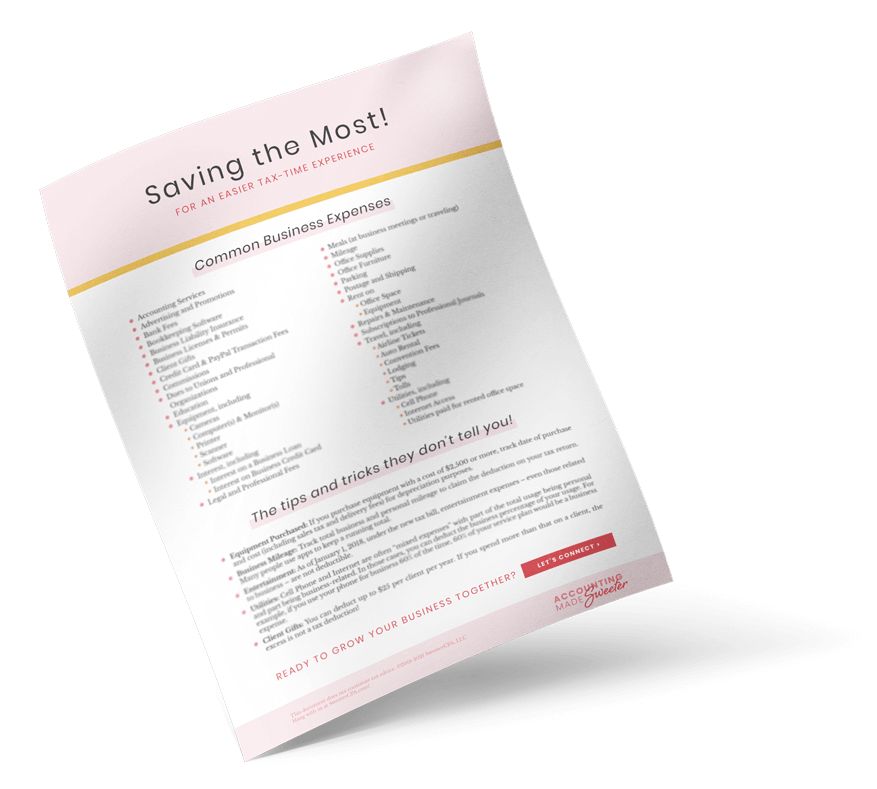Resouces:
Why YOU Should Care:
The answer to this question has implications on the amount and type of losses you can claim in relation to the activity.
When a Hobby Becomes a Business
Occasionally, a hobby grows from a part-time pursuit into a business.
The IRS offers the following guidelines to help you determine if your activity is a business or a hobby:
- Do you intend to make a profit? Consider the time and effort you put into the activity.
- Do you depend on income from the activity?
- If there are losses, are they due to circumstances beyond your control or did they occur in the start-up phase of the business?
- Have you changed methods of operations to improve profitability?
- Do you have the knowledge needed to carry on the activity as a successful business?
- Have you made a profit in similar activities in the past?
- Does the activity make a profit in some years?
- Do you expect to make a profit in the future from the appreciation of assets used in the activity?
You are only able to record losses on hobby-activities to the extent of gains related to that activity. For example, if you knit as a hobby, you cannot deduct the cost of yarn and needles against the income from your day job. If you sell a knitted product, you can only offset that specific knitting income with these expenses. If you sold a scarf for $5 but spent $10 to make it, you have no recourse for the $5 loss.
However, if your knitting takes off and becomes a business, you are able to track expenses on Schedule C of your Form 1040. Losses from your Schedule C can be netted against your income from other sources.



